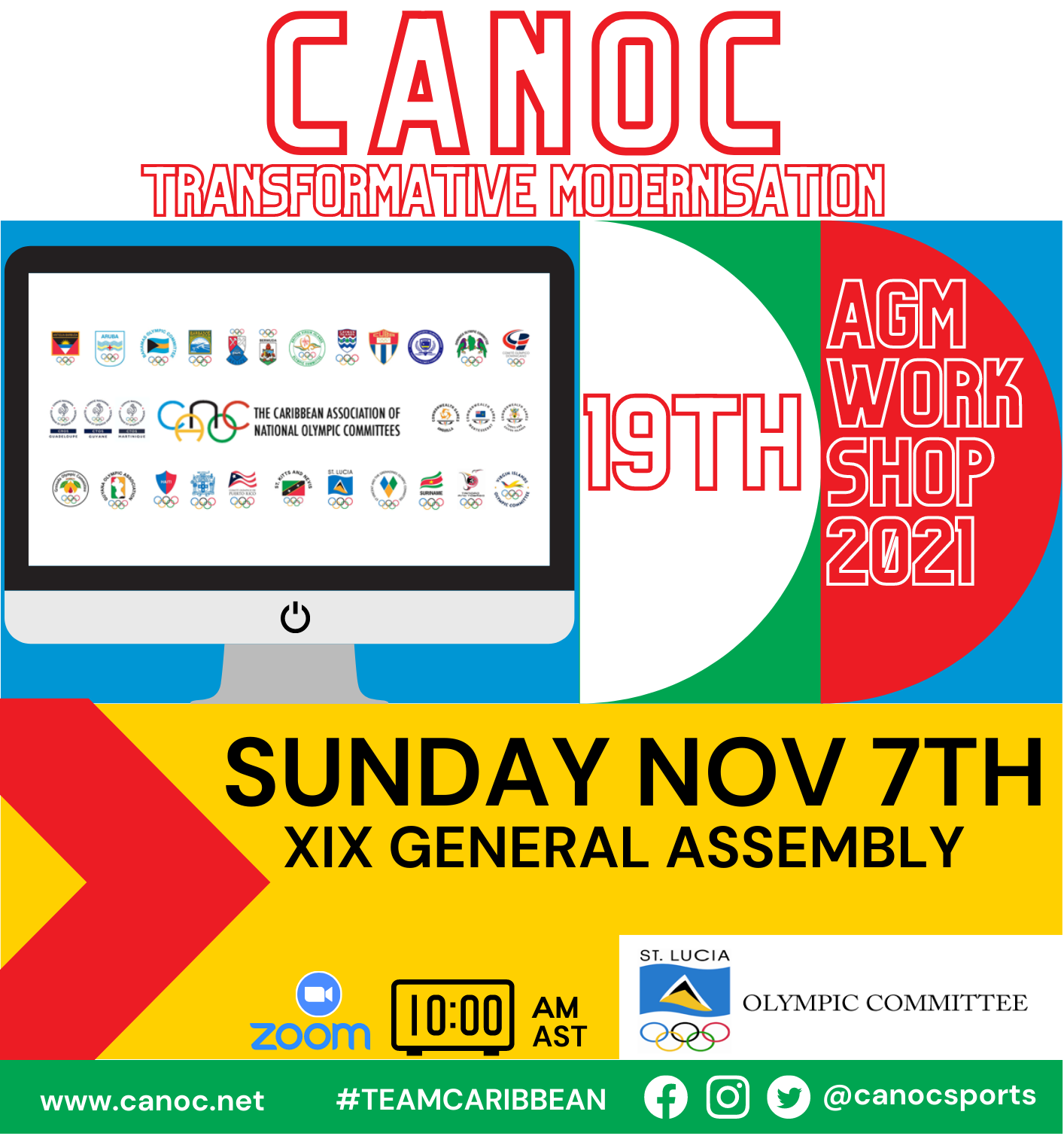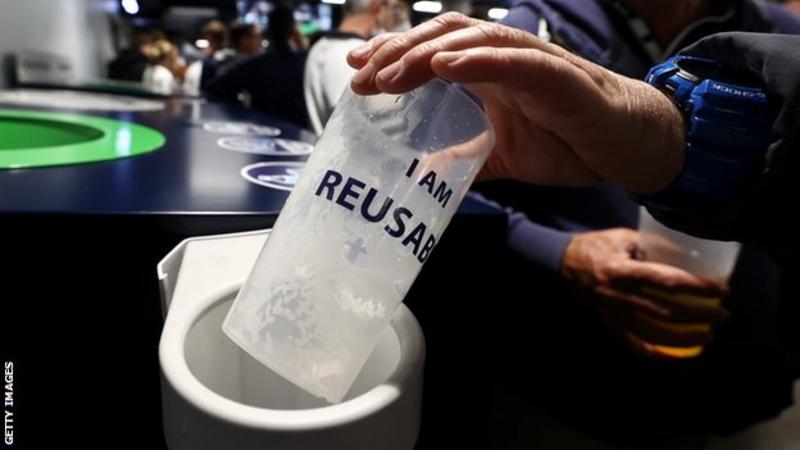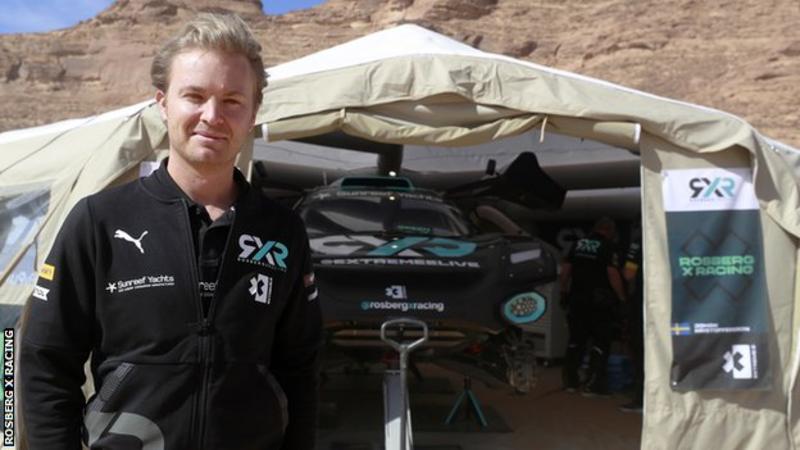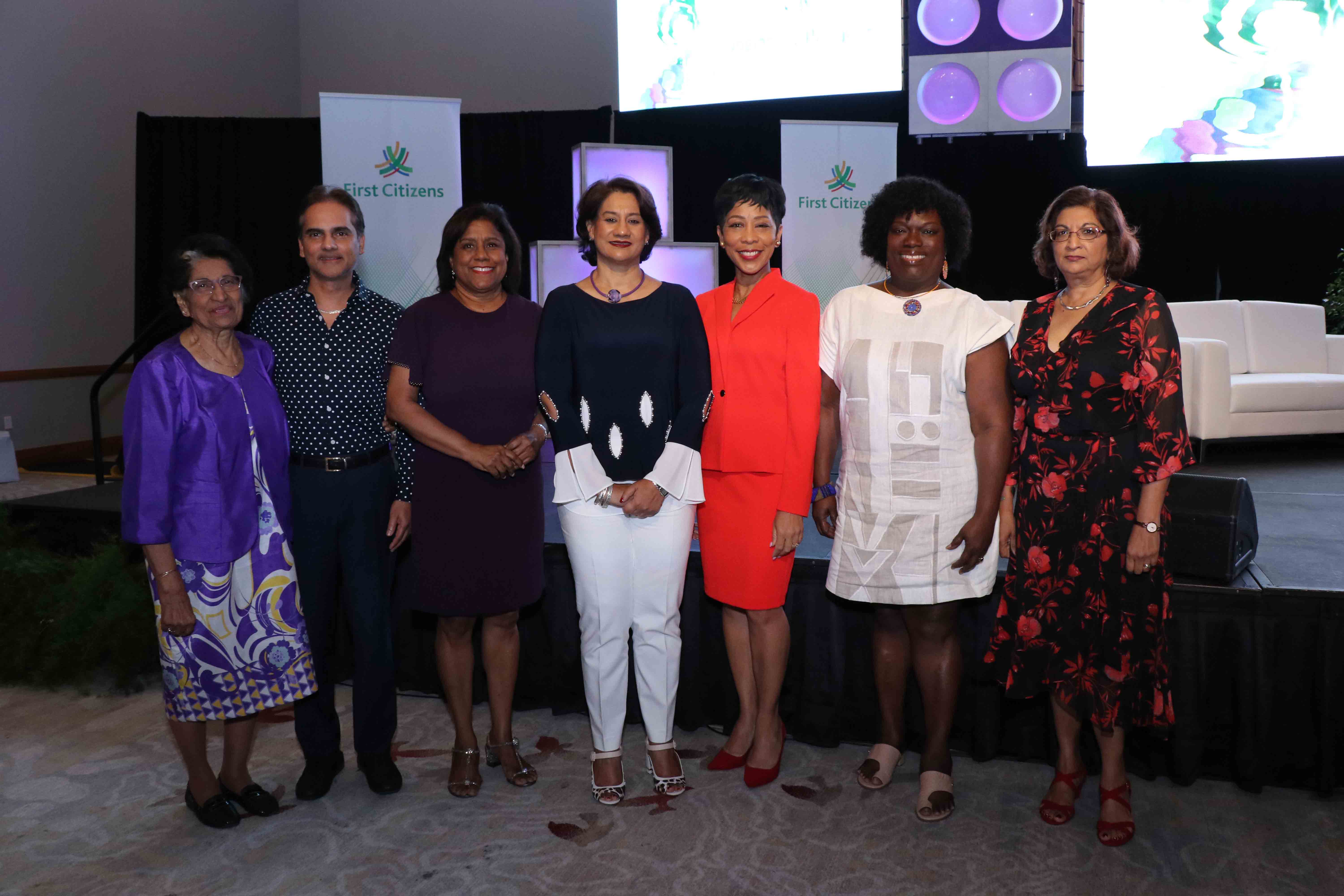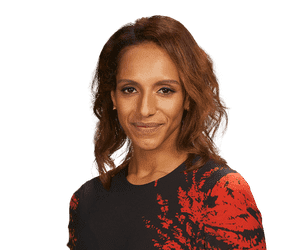Opening of the 19th Caribbean Association of the National Olympic Committee's Annual General Meeting. Please see below for further details.
Read more: Opening of the 19th CANOC Annual General Meeting
COP26 summit: How to be a sustainable sports fan - four ways to reduce your footprint
You drive to the game, have a beef burger, hand over your ticket, watch the match and give the third kit you bought a rare outing.
What is COP26 and how does it affect sport?
When world leaders meet in Glasgow this week to discuss the global response to climate change, sporting organisations will either be involved or looking on with interest.
Resolutions of the XXV ANOC General Assembly Crete 2021
In spite of the ongoing Pandemic, ANOC successfully delivered the XXV ANOC General Assembly in Crete, Greece on 24 & 25 October 2021.
First Citizens set to host 9th Annual Women’s Conference
First Citizens is set to celebrate its marquee Women’s Conference on November 14.
Even in our history month, black people are the repeated victims of cancel culture
Consciousness about racism has grown over the past year, but we’re still being silenced for speaking out.

